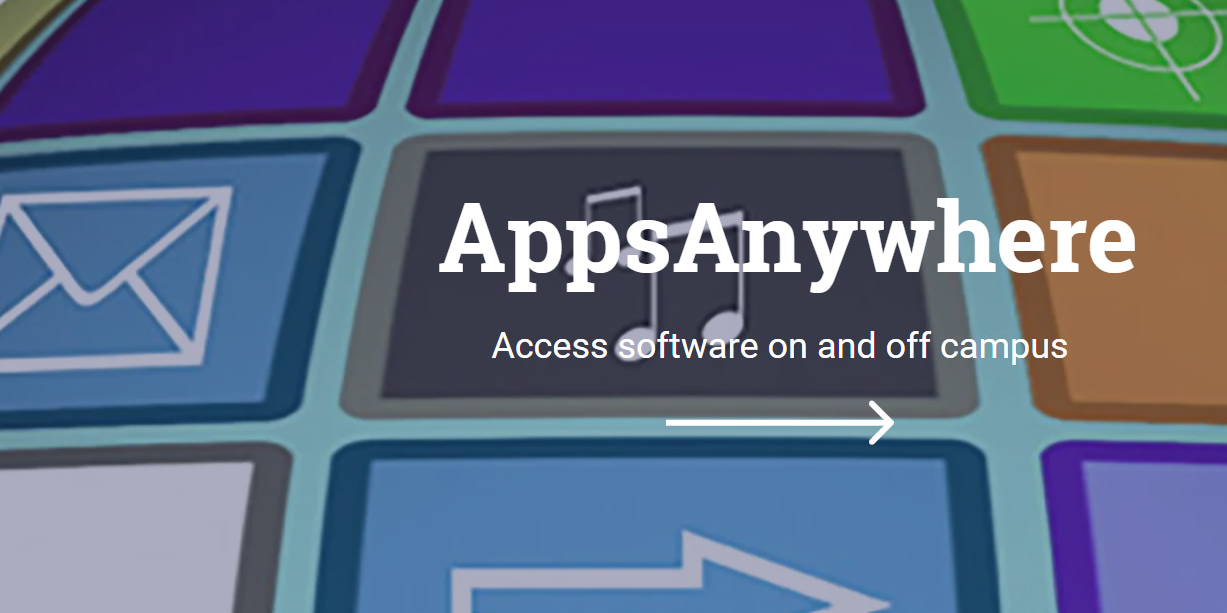
Supporting learners on your course with long term health conditions.
Supporting students with long-standing health conditions is essential for creating a truly inclusive university environment. These conditions—often invisible and fluctuating—can include chronic fatigue syndrome, diabetes, Crohn’s disease, epilepsy, and many others.
Focus on strengths of a individual and support them to thrive,
-
Fluctuation is normal: Health may vary day to day—flexibility is key.
-
Respect privacy: Students may not wish to disclose details or have peers aware of their condition.
-
Empower through trust: Accept students’ own assessment of their health and capacity.
Good Practises
Advice on good practises in the teaching environment.
-
Provide materials/slides in advance to aid focus and reduce cognitive load
-
Allow recording of sessions or provide lecture capture
-
Offer priority seating (e.g. near exits or on ground floor)
-
Permit discreet exits if students need to leave suddenly
- Advise on reporting any health-related absences on the student check in system
-
Be open to extended deadlines on a case-by-case basis
-
Allow alternative formats for presentations or exams (e.g. seated oral exams, breaks during assessments)
-
Ensure access to rest areas, bathroom facilities, and food/medication breaks
-
Be mindful of sensory sensitivities and offer adjustments where possible
-
Encourage use of support services and liaise with Accessibility, Disability & Inclusion advisors for tailored accommodations
- Ensure where needed a personal evacuation plan (PEEP) is completed.
Reasonable adjustments (not registered with A,D &I)
We recognise that long term health can significantly impact a student’s ability to engage with academic tasks. Even when a student is not formally registered with the University's Accessibility, Disability & Inclusion (A,D&I) team, reasonable adjustments may still be appropriate to ensure equitable access to learning and assessment.
Examples of Reasonable Adjustments
Extensions on assessments:
- A 7-day extension on written assignments to help manage periods of heightened stress or reduced concentration.
Exam and In-Class Support:
- Access to a separate, quiet room to reduce sensory overload or anxiety.
- Additional time to complete exams or in-class assessments.
- Scheduled rest breaks to support focus and emotional regulation.
These adjustments are designed to reduce barriers and empower students to perform to their full potential. Staff are encouraged to take a proactive, compassionate approach and liaise with our Accessibility, disability & inclusion team when needed.


/prod01/wlvacuk/media/departments/digital-content-and-communications/images-2024/Architecture-students-tree-planting.png)
/prod01/wlvacuk/media/departments/digital-content-and-communications/images-2024/250630-SciFest-1-group-photo-resized-800x450.png)
/prod01/wlvacuk/media/departments/digital-content-and-communications/submitted-news-images/Way-youth-zone-August.JPG)
/prod01/wlvacuk/media/departments/digital-content-and-communications/images-2024/Arthi-Arunasalam-teaser.jpg)
/prod01/wlvacuk/media/departments/digital-content-and-communications/submitted-news-images/Muslim-woman-playing-football.jpg)
/prod01/wlvacuk/media/departments/digital-content-and-communications/submitted-news-images/Business-School-800x450.jpg)
/prod01/wlvacuk/media/departments/digital-content-and-communications/submitted-news-images/University-of-the-Year.jpg)
/prod01/wlvacuk/media/Large-CTA-(4).jpg)

